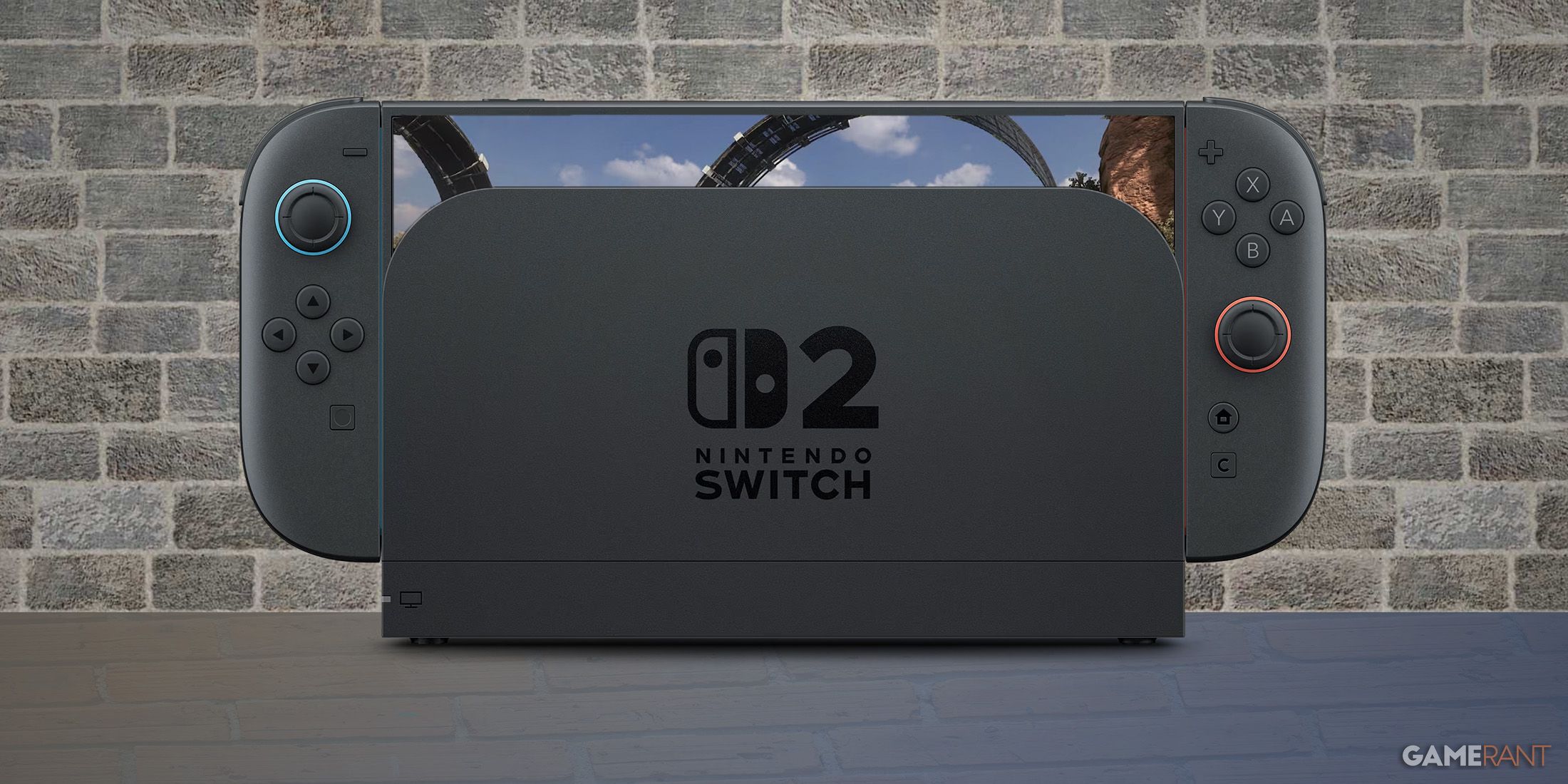## Subscription Fatigue? Analyst Doubts Game Pass & PS Plus are the Future of Gaming
The gaming industry is buzzing. Subscription services like Xbox Game Pass and PlayStation Plus are changing the landscape, offering mountains of games for a monthly fee. But hold on – are these the golden future of gaming, or just a temporary fad?

Mat Piscatella’s Opinion: Not ‘THE Future’

Mat Piscatella, a video game analyst and Executive Director at market research firm Circana, recently sparked debate within the gaming community by stating that subscription services like PlayStation Plus and Xbox Game Pass are “certainly not THE future” of the gaming sector. Piscatella’s comments, made on the social media platform Bluesky, were in response to the news that Sony was pulling 22 games from PS Plus in May, including popular titles like Grand Theft Auto 5 and Payday 2.
This decline in available games, coupled with Piscatella’s observation that U.S. spending on these platforms has remained relatively flat since a spike in 2020 and 2021, led him to suggest that subscription services may not be the driving force behind the future of gaming.
While acknowledging that Game Pass did experience a bump in revenue around late 2024 thanks to the day-one availability of Call of Duty: Black Ops 6, Piscatella emphasized that this was an exception rather than the rule. He clarified that subscription services may still play a role in the future of gaming, but their dominance might be waning.

Shifting Industry Landscape
Piscatella’s stance is further supported by evidence suggesting that some manufacturers are shifting away from prioritizing subscriptions. While no formal announcements have been made, the recent trend of console manufacturers releasing more premium editions with expanded storage and additional features, rather than focusing solely on subscription tiers, could indicate a move towards alternative business models.

Counter-Arguments: Subscription Success Stories
Despite Piscatella’s reservations, there are compelling counter-arguments to the notion that subscriptions are losing steam. One notable example is Rebellion’s recent success with Atomfall on Xbox Game Pass. The game’s CEO publicly attributed much of its success to its inclusion on the platform, highlighting the power of Game Pass in reaching a wider audience.
This case study demonstrates that, when strategically implemented, subscriptions can still be a highly effective way to launch and promote games, even in a landscape where alternative models are gaining traction.

The Future of Gaming: Beyond Subscriptions
Alternative Models
As the gaming industry continues to evolve, it’s imperative to explore beyond the subscription model. Free-to-play games with optional cosmetic purchases have already proven successful, with titles like Fortnite and League of Legends demonstrating the potential for sustainable revenue streams without requiring a recurring subscription fee.
- Gamestanza believes that a hybrid approach, combining elements of free-to-play with curated subscription tiers, could offer the best of both worlds.
- This could involve offering a core free experience with the option to subscribe for additional content, features, or benefits, catering to a wider range of player preferences and budgets.

The Role of Single-Player Experiences
While subscription services and online multiplayer experiences dominate the headlines, single-player games remain a vital part of the gaming landscape. The enduring appeal of immersive narratives, engaging gameplay, and replayability ensures that single-player experiences will continue to resonate with gamers for years to come.
Gamestanza believes that developers should continue to invest in creating high-quality single-player titles, fostering a diverse and vibrant gaming ecosystem that caters to all types of players.

Gamestanza’s Perspective
Gamestanza recognizes that the gaming industry is constantly evolving, and embracing change is essential for continued growth and innovation. While subscription services have undoubtedly transformed the way we consume and experience games, the future may hold a more diverse landscape where multiple business models coexist and thrive.
By exploring alternative models, fostering the creativity of single-player development, and prioritizing player choice and satisfaction, the gaming industry can ensure a bright and exciting future for all.

Conclusion
So, what does the future hold for subscription services in gaming? While the analyst’s comments paint a somewhat skeptical picture of PS Plus and Xbox Game Pass reaching a dominant, game-changing future, their criticisms ultimately highlight critical areas for improvement. The potential for bloated catalogues, the need for better communication with gamers regarding value and content, and the ongoing battle against pirate sites are all challenges that both Sony and Microsoft must address.

This isn’t to say that subscriptions are doomed to fail. Far from it. They represent a powerful shift in how we consume games, offering a more accessible and affordable way to experience a vast library of titles. The success of these services will ultimately hinge on their ability to evolve and adapt to the changing landscape of gaming. Will they become the cornerstone of the future, or will they fade into the background, overshadowed by new and innovative models? Only time will tell. But one thing is certain: the conversation surrounding subscription services is just beginning, and the industry is poised for a fascinating evolution.
